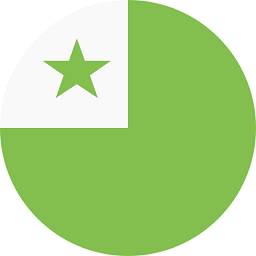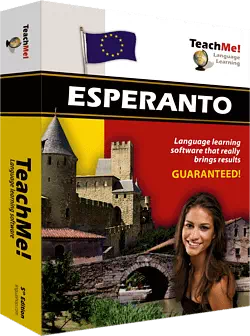
How to use personal pronouns in Esperanto
You want to learn how to use Esperanto personal pronouns? You've come to the right place! Scroll down and see the short Esperanto lessons complete with useful examples. I, you, he, she... we explain all you need to know about Esperanto personal pronouns in bite-size lessons.





